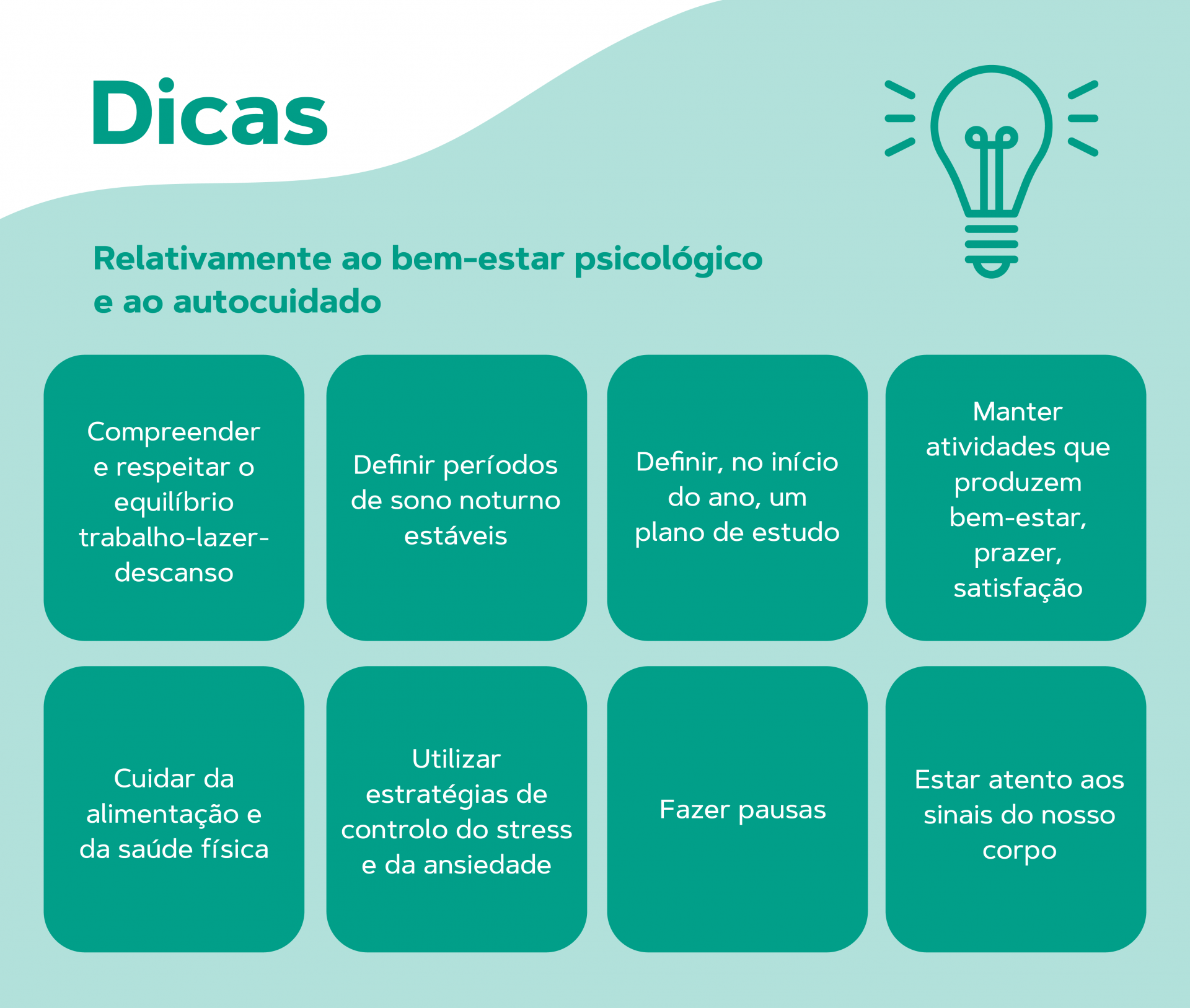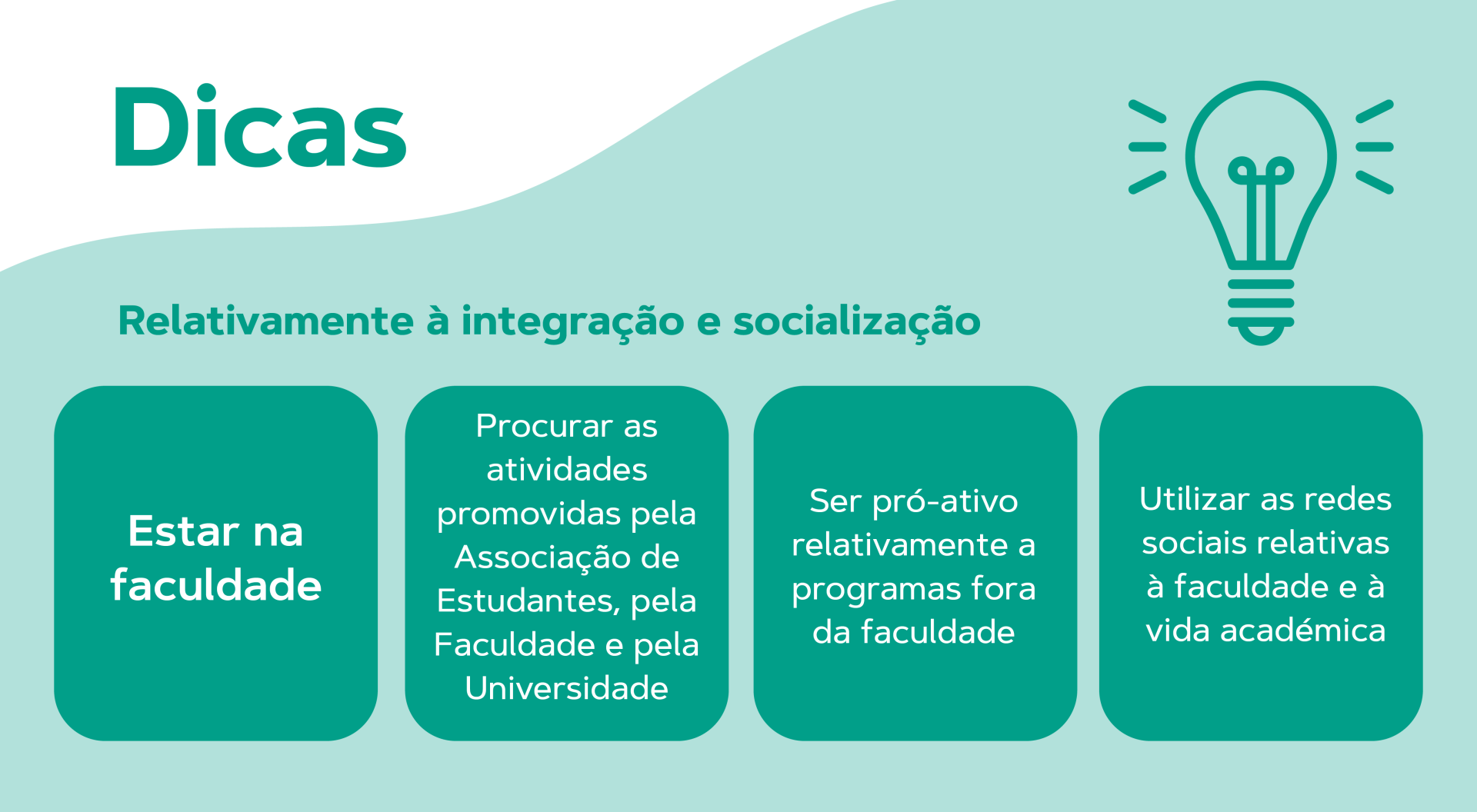This idea came up at the beginning of another academic year in an auditorium full of new Medicine and Nutrition Sciences students. Young people, most of whom had just finished high school, with high grades and a dream that brought them to the Egas Moniz Building of the Faculty of Medicine of the University of Lisbon (FMUL), in Santa Maria Hospital (HSM).
The person who delivered it knows the faculty, the course and medicine well. Oncologist, Director of the Oncology Division at HSM and professor, Prof. Luís Costa paused after saying it:
"The Medicine Course doesn’t do itself..."
(We, at the FMUL Student Support Office add: "Neither that of nutrition. Nor any higher education course").
It seemed to me that in those seconds of silence he looked all the students in the eye, one by one, so that the message would reach them with the impact he intended.
This message, warning, alert, advice, is perhaps not possible to fully understand in the first week of classes, among the excitement of an achieved goal, the optimistic expectations, the fears, and weaknesses that we want imperceptible.
"But, professor, no one is alone! The auditorium is full! Soon the students will be fitting in. Even the most introverted will fit in. It seems almost inevitable!". No one said these words, but I believe they were in everyone’s mind.
The experienced teacher knows this and knows that reality will not be so... rosy. That's why he insists and explains: "The course brings numerous challenges. And some challenges you overcome with the others. With fellow students".
This experience, this knowledge, contrasts with the experience of many students who entered FMUL: it was their effort and their dedication, often alone, to study for hours on end, more than their friends and colleagues in the last three years of high school, sometimes after another course, so often without the understanding of their peers, it was all of this that made them succeed! "We did it! It was worth It!". This will be the strategy applied again when the course gets tough. When anatomy exams season approach in the first year. When preparing for the National Access Examination (PNA), in the last or final LCN internship.
We know that a large proportion of the students who come to the Espaço S, usually with anxious and depressive conditions, have their social network as well as creative, artistic and sports activities reduced since high school. They have reduced the moments and activities in which they were relaxed, happy and fun. Moments with their peers focus on the faculty space: they meet for classes, for assignments, for studying. They talk about the amount of work and overdue study. They compare and compete.
Many students of the Espaço S confess that they stop being in the faculty facilities and with their colleagues for this reason: they feel further behind, more distressed and inferior to others. It seems better to be alone than in "bad" company.
Anxiety, isolation, tiredness, doubts...
Highly competent students who now begin to stop believing in themselves.
"The Medicine Course doesn’t do itself", said that wise professor in that first year...
We know that positive relationships, the quality and effectiveness of our social network, the family environment, therefore, meaningful relationships have a significant impact on the well-being of individuals and their mental health! We know, as opposed to mental illness, that psychological well-being enhances individuals' performance, that it facilitates the acquisition of new skills and the assimilation of information and knowledge.
That's why Newton theorized gravity while resting under a tree and Archimedes solved King Hiero's problem by relaxing in a bath! Well, "so the legend goes..." but it helps with this idea:
A student will be a better student, the course, already difficult and demanding, will be a little less so, if there is a balance between work, leisure, rest, between alone moments and cooperation with the other, between focus and relaxation.
The relationship, the group, the sharing, the support, the trust, the cooperation, the friendship, the companionship, the joy, the stimulation, the respect for oneself and for others are fundamental for this balance.
Nor do I think it is possible to be a good doctor without good grades in these matters.
The course doesn’t do itself. Thank you, Professor Luís.
Regarding integration and socialisation:
- Being at the faculty: using the faculty spaces to study, have meals and coffee. Avoid coming to faculty just for classes and leaving as soon as they finish.
- Look for the activities promoted by the Students' Association, the Faculty and the University: through personal interests establish relationships with other people who share those same interests. The University Stadium offers several sports activities.
- Be proactive about programmes outside the faculty: challenge colleagues and accept invitations to go to the cinema and other shows (tip: follow websites that advertise free activities), go out to dinner, go out at night, do sports, go to the beach or even study outside the faculty facilities.
- Use social networks relating to faculty and academic life and student groups on apps to develop your contacts.

Regarding psychological well-being and self-care:
• Understand and respect work-leisure-rest balance.
• Set stable periods of sleep at night (7-9 hours of sleep).
• Define a study plan at the beginning of the year (identify the subjects that require regular work from the beginning, thus reducing stress during exam periods).
• Maintain activities that produce well-being, pleasure and satisfaction (social, sporting, artistic, recreational) even during periods of intense work/study.
• Take care of your diet and physical health.
• Use strategies to control stress and anxiety: prioritise tasks, focus on fewer tasks to avoid being distracted, anticipate, and prepare for more demanding moments, use relaxation techniques.
• Take breaks: the "small" breaks between hours of study or the "big breaks" like taking a weekend off from studying and enjoying family and friends, or taking a day off after more intense phases.
• Be aware of our body's signals: tiredness, insomnia, irritability, lack of memory and concentration, etc.
Rui Martins
Espaço S Psychologist



